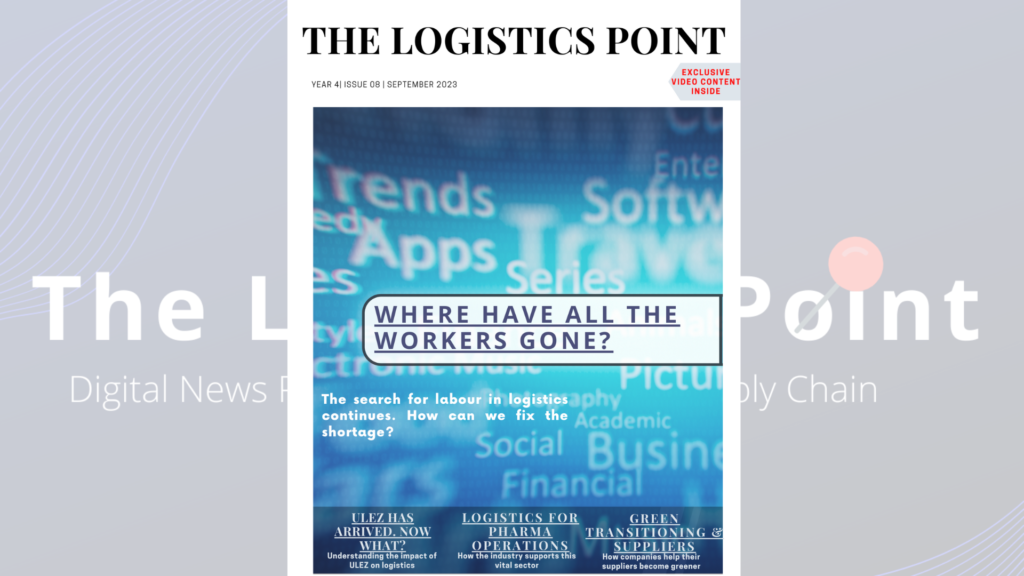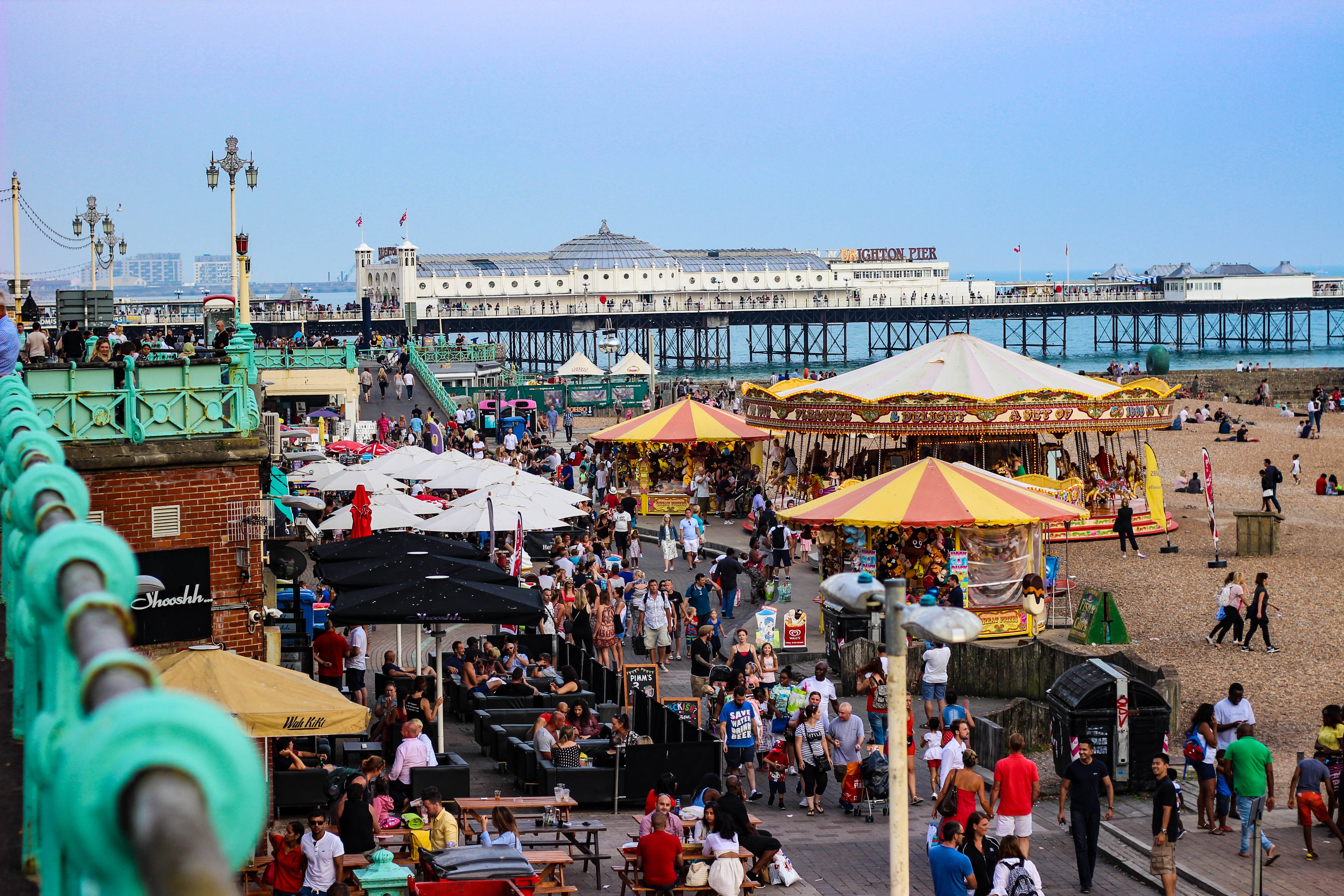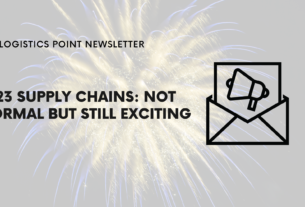Raising awareness of the possibilities of cargo bikes and sustainable transportation is hard work. One of the people who knows how hard this can be is Daniel Bianco, Transport Planner in the Transport Behaviour Change Team for Brighton & Hove City Council. We speak about the initiatives the city has undergone, how hard it is to change people’s minds and what positive steps have been made so far.

‘Most people do not think about how their deliveries are reaching them,’ says Daniel and recalls an instance when a famous coffee company claimed to serve from a cargo bike for it to only transpire that the bike was fake and delivered by a diesel van. The conversation immediately moves to greenwashing and the role of councils and organisations when it comes to green, sustainable and emission free deliveries.
The change needs to be led by everyone and people should be more aware about the impact their choices have on their immediate environment. The team Daniel is part of is actively working on changing how Brighton and Hove citizens deliver and receive goods and services. The council has invested in a program where local businesses can receive a subsidy for a cargo bike. Some are already whizzing around the streets of the seaside town.

Up the hill
But getting there was not easy and there is way more work to be done. Daniel admits a lot of his time is spent trying to convince shop owners, small businesses and even teams in the council on the benefits of bikes, ebikes and ecargo bikes. ‘You need to be in it for the long run,’ he goes on saying. On the surface the change that has so far been achieved is relatively small but successes have been achieved.
E-cargo bikes, however, are becoming more popular and those who use them often say they would not return to their old ways of delivery.
Internal challenges also slow down progress. Sometimes this could be due to budget constraints, although Brighton and Hove in particular are investing relatively well. On different occasions departments within the council do not understand the value of moving towards a less polluting type of transport or have other priorities. ‘We take ideas and inspiration from what other cities are doing and adapt it to our situation,’ Daniel says, claiming cooperation is the key to success.
Changing mindsets
Replacing car journeys with active and sustainable travel journeys can bring financial and health benefits to the council and the city, although some people are hard to convince.
Disused car parks can be turned into community centres, hubs for SMEs and more. Examples exist in the UK and abroad. ‘People are starting to think outside the box and trying to look at how the city can adapt tothe changing environment.’
Getting local communities onboard is critical. Daniel points at the School Streets Project in Brighton and Hove which closes school streets for traffic during peak times.
This has been welcomed by residents and made access easier and safer. He admits that more remains to be done and sometimes progress can seem painfully slow. The positive is that his team is constantly being contacted and the interest keeps growing. ✷

